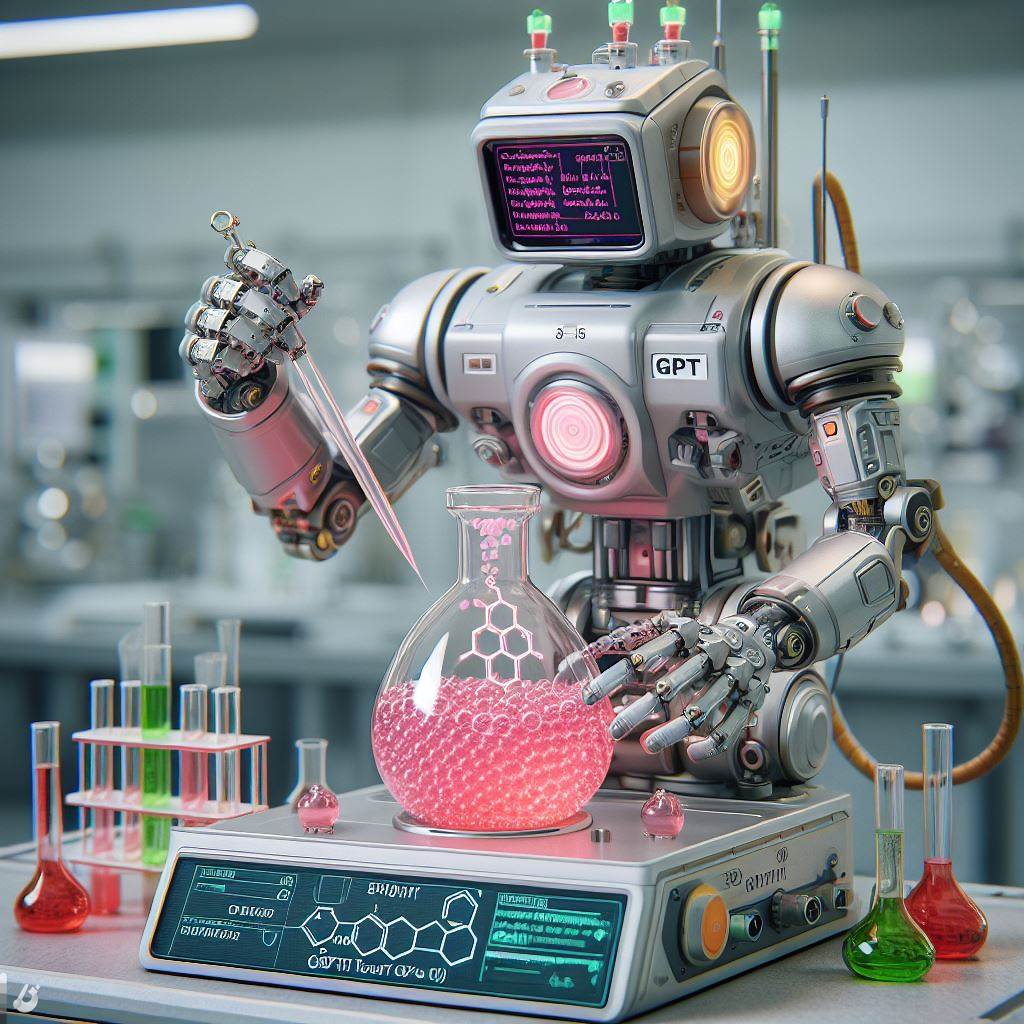
Chemists have harnessed the power of artificial intelligence (AI) to conduct complex chemical reactions through a robotic laboratory system named Coscientist. The system, utilizing the advanced language model GPT-4, can independently design, code, and execute various reactions, producing compounds such as paracetamol and aspirin in a wet lab with its robotic apparatus.
Led by chemist Gabe Gomes at Carnegie Mellon University, the research, featured in Nature on December 20, showcases the potential of AI in the field of chemistry. Gomes expressed his astonishment, stating, "The moment I saw a non-organic intelligence be able to autonomously plan, design, and execute a chemical reaction that was invented by humans, that was amazing."
Traditionally, AI applications in science have faced accessibility challenges for researchers working in laboratories without coding expertise. Seeking to bridge this gap, Gomes and his team adapted the GPT-4 model to create Coscientist.
This innovative system utilizes powerful language models to sift through chemical literature, designing reaction pathways upon human request. Drawing from extensive data, it selects the most suitable kit and reagents to produce the desired molecule in a real-world laboratory setting.
Coscientist successfully planned the synthesis of known molecules, including paracetamol, aspirin, nitroaniline, and phenolphthalein, ensuring optimal reaction yields. Notably, it also excelled in a more complex experiment involving Suzuki–Miyaura coupling, a crucial process in drug discovery.
Gomes envisions a future where automation hardware integrates AI assistants like Coscientist, leading to self-driving labs. However, experts emphasize that while routine tasks can be automated, many research questions, particularly in drug discovery, remain beyond the reach of current AI capabilities.
Pharmaceutical chemist Tiago Rodrigues of the University of Lisbon envisions AI-driven tools like Coscientist becoming commonplace. He remarks, "Self-driving labs are the future, and AI tools are needed to fully automate the design-make-test cycle."
Despite these advancements, Gomes underscores the importance of ethical considerations. While Coscientist and similar tools can replicate tasks performed by well-trained chemists, he emphasizes the need to preserve human innovation and creativity. Gomes emphasizes cautious use, stating, "I'm not interested in the idea of replacing people and their livelihoods, and their spark and their innovation and their drive."